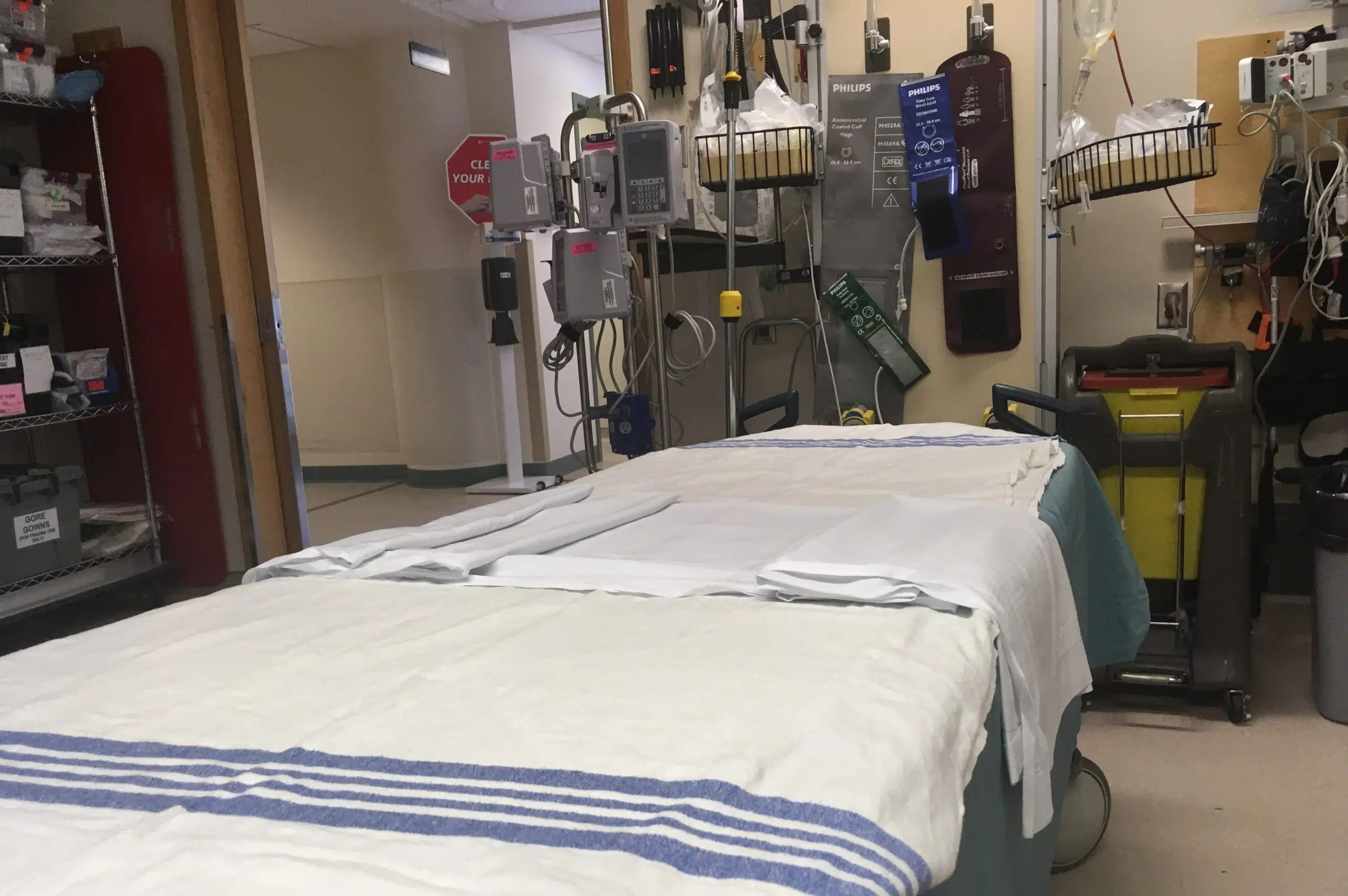The Saskatchewan government is making changes to help its ongoing search for nurses.
The government announced Thursday it was making improvements to its so-called “pathway” for internationally educated nurses (IENs) that it says will help them get into the province’s workforce faster.
According to the government, those improvements – which should be completed by September – will include:
- A shorter bridging program that will build on an applicant’s existing knowledge but also provide orientation to the Saskatchewan health-care system, reducing the transition process from approximately one year to 14 weeks;
- An applicant-focused approach to support success, including language training supports to ensure the requirement is met through online materials and workshops, an expansion of options to establish language proficiency, employer orientation specific to the facility and location, access to clinical supports that will have experienced professionals available to provide support to new employees, settlement assistance in collaboration with community groups, and customized support through navigators.
The government said 53 IENs from the Philippines and nine IENs residing in Saskatchewan currently are in the bridging program. As well, 19 continuing care assistants and two medical laboratory assistants from the Philippines have already arrived in the province.
The enhancements to the pathway are being done with input from the ministries of Health, Immigration and Career Training, and Advanced Education, the College of Registered Nurses of Saskatchewan, the National Nursing Assessment Service, the Saskatchewan Association of Licensed Practical Nurses, Saskatchewan Polytechnic and the Saskatchewan Health Authority.
“Our made-in-Saskatchewan approach ensures our province will continue to lead the nation as one of the fastest, most supportive and most efficient places for internationally educated nurses to become licensed and gain employment in health care,” Health Minister Paul Merriman said in a release.
“By focusing on a safe, balanced approach to licensing and integration into the workplace, as well as providing robust settlement supports, Saskatchewan will continue to be a preferred destination for health-care workers from around the world.”
The IEN’s in the program have their costs covered for language and education assessments, bridging and/or training fees, fees related to professional exams and registration, and other costs incurred while training such as travel for clinical placement.
In addition, costs for international recruits include transportation, accommodation and other settlement related costs, such as immigration fees.
Since December 2022, the SHA also has hired 186 grad nurses from the province and across Canada. Another 145 conditional job offers have been made to nursing students who will be graduating this spring.











